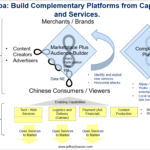In this podcast, Jeffrey Towson discusses the business models of Steam and Garena, and he explores how they are changing the gaming industry. He also discusses the future of gaming, and he provides insights into how businesses can succeed in this rapidly changing market.







